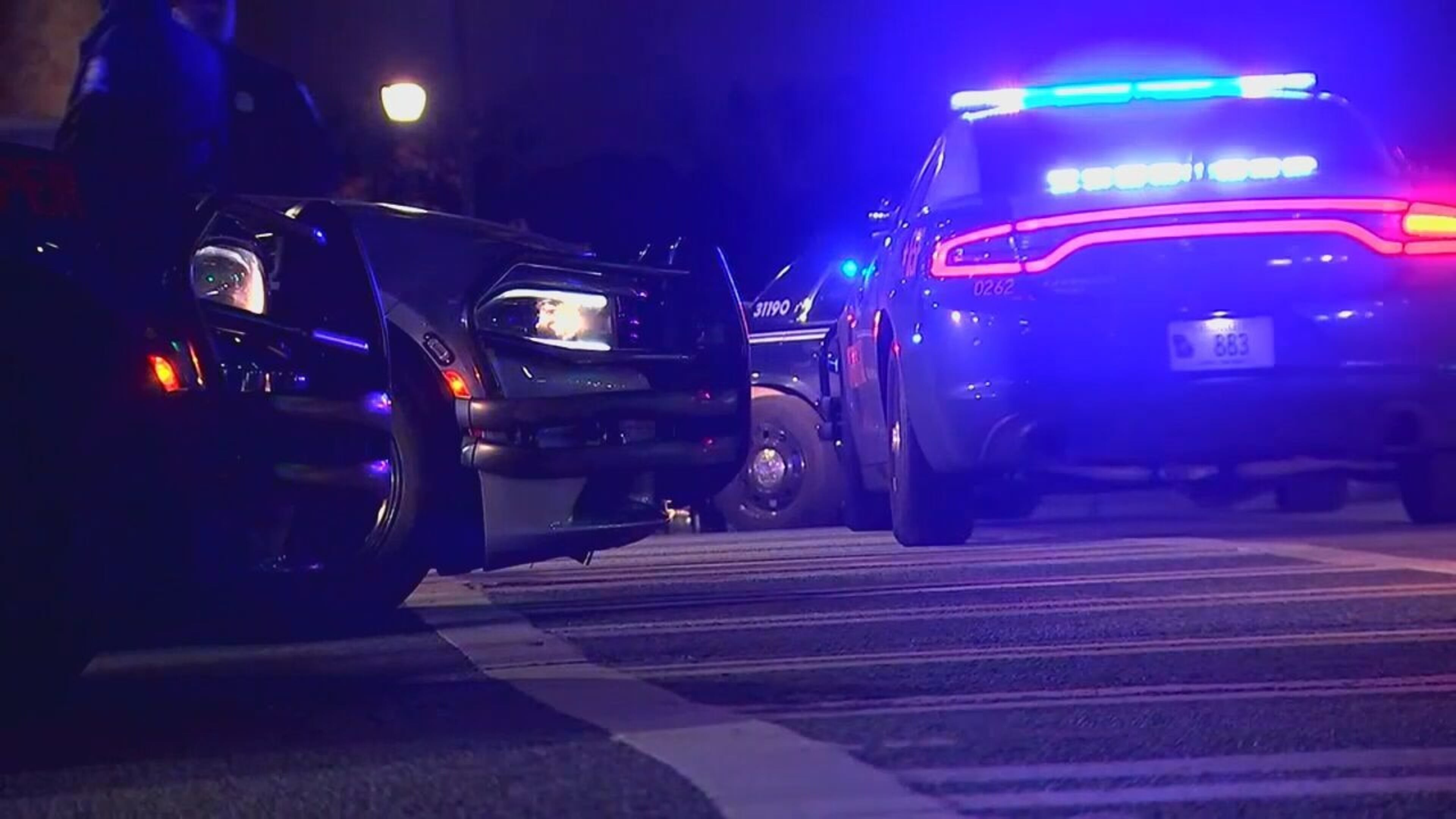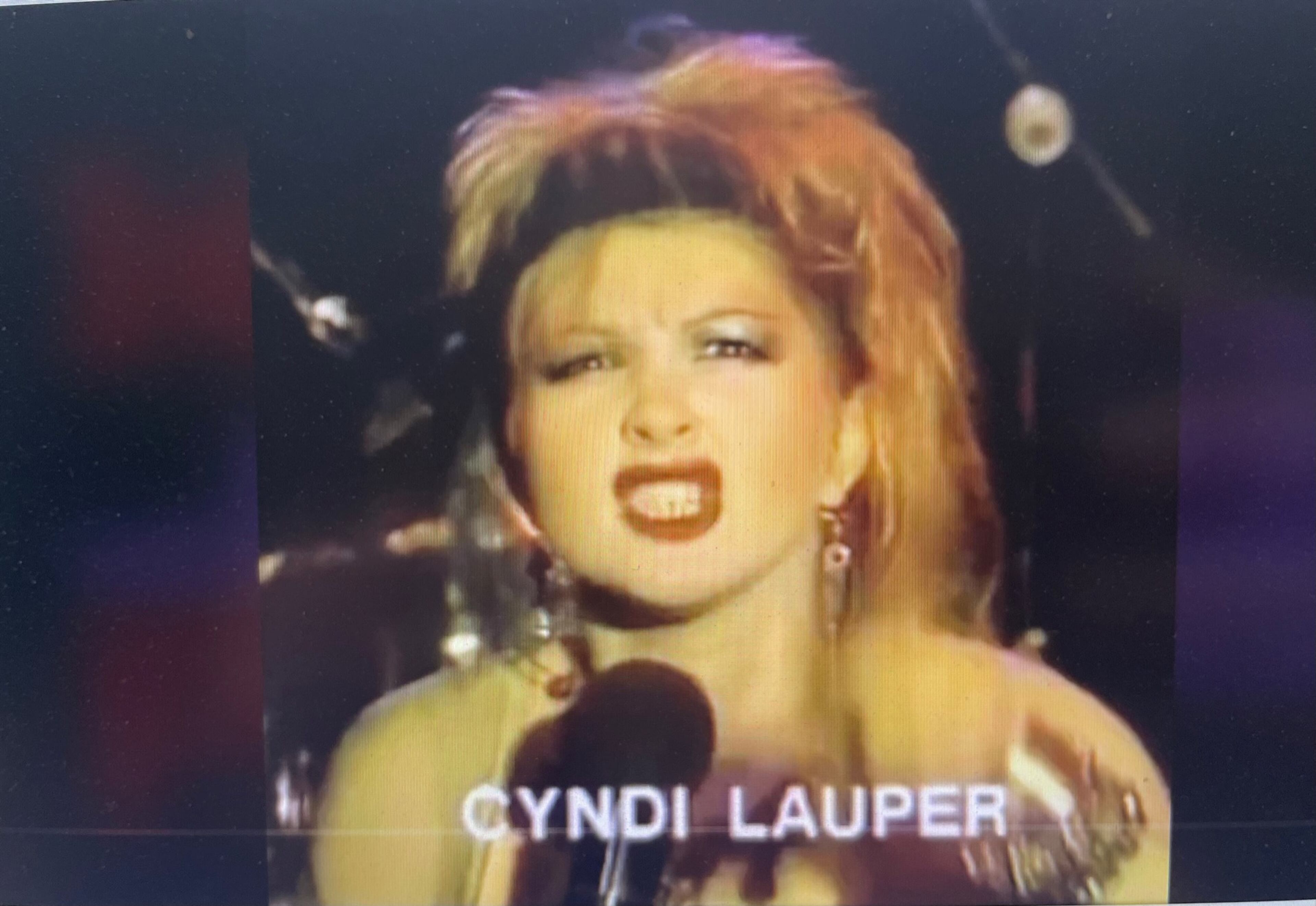OPINION: Atlanta leans toward curfews. Again. This time different?

With the tragic nighttime deaths of kids in recent months, frustrated city of Atlanta officials are harkening back to a familiar public safety tool: Curfews.
In November, Councilwoman Keisha Sean Waites proposed a citywide curfew of 7 p.m. for kids under 17 after the shooting death of 12-year-old Zyion Charles near Atlantic Station.
Waites called for the inordinately early curfew to be a “stopgap measure to save the lives” until the city could think of something better.
That plan stalled out. So, in March, she pushed for the city to promote a public service campaign asking parents: “It’s 9 o’clock, do you know where your children are?”
It’s reminiscent of the 1980s when singer Cyndi Lauper, slugger Reggie Jackson and a host of other celebs recorded a public service message asking the same question, but an hour later.

In May, Bre’Asia Powell, 16, was killed after attending a graduation party. Her uncle, Councilman Antonio Lewis, distraught by the carnage, initially called for a 9 p.m. curfew, saying there are few good reasons for kids to be out after that.
(The current curfew, in effect for decades, says anyone 16 and under ought to be in the house before 11 p.m. weeknights and midnight on Friday and Saturday.)
The proposed earlier curfews were considered harsh, so the council as a whole didn’t bite. Instead, during a recent Public Safety committee meeting, Lewis asked Deputy Chief Timothy Peek to look into making more curfew cases, saying it was a matter of “love” for the city’s youths.
“The city of Atlanta has always had a curfew,” Lewis said. “The enforcement of it is the issue.”
The numbers bear Lewis out. During the years 2010 to 2013, Atlanta police wrote an average of 600 curfew citations a year. From 2019 through last year, the department averaged about 144 a year. So far this year, there have been 40 citations written, an equal number being against the kids and the parents.
Last year, there were just 34 curfew citations in all.
True, COVID and an increase in violence in 2020 surely impacted the number of citations.
But one street cop told me the real reason for the plummeting numbers: “We’re not doing that; there’s not enough of us,” the officer told me. “We’re spread thin.”
He said a curfew case can put a cop out of circulation for a couple hours or more.
Lewis’ proposal says parents convicted of a curfew violation would no longer be subject to a $1,000 fine or 60 days in jail. Instead they could be given a 60-day probation and nudged towards taking educational classes and other programs to help their oversight of their curfew-breaking children. The committee approved the proposal and it will head to the entire council.
“If a kid’s out two or three times after getting caught, well, the city is trying to save that kid,” Lewis told me. He said the city has jobs for the kids and can steer them toward mentoring programs conducted by volunteer organizations.

“This is going to be a full-out campaign,” he said. “We’re going to promote and enforce. This is not about police. It’s about accountability of these kids.”
I asked what if neither the parents nor the kids abide by the efforts to get them to change now that there’s no punishment other than probation.
“That’s where the penalty might get deeper,” Lewis said. “If they don’t, they’ll be breaking the law.”
I suppose a judge could sanction the parent — or kid — who disregards them. But it is unclear.
Curfews sound good in theory. Getting kids off the streets prevents some from committing crimes and others from being victimized. Lots of metro municipalities have such laws.
Atlanta enacted a curfew in 1980, as the Missing and Murdered cases had the city on edge.
A decade later, as crack-fueled crime ravaged some neighborhoods, the city put into place the current ordinance, hoping to put a dent in crime. A year later, a couple professors wrote an editorial, saying they crunched the numbers and the curfew wasn’t working.
A generation later, in 2011, the city announced it would crack down and start making more curfew cases.
Studies are split on whether curfews work. Most say the effect is negligible, if anything, on reducing crime.
Steve Teske, a retired juvenile court judge from Clayton County, said that curfews can work but...
...they take a lot of work.
It’s not just a case of a cop driving Johnny home and then having the kid’s parents ground him. Many kids out after midnight come from dysfunctional families.
“The studies show you need a holistic approach,” Teske told me. ” If you put a family under a microscope and they are held accountable, then police will buy in and use this.”
That means heavy lifting, time-intensive efforts like getting the courts involved and getting counselors and mental health officials working with families.
“You’ve got to dig down and find out what’s going on with their lives,” the judge said. “Doing something the right way is never convenient. The question is: Do we want to do it the right way?”
Good question.



